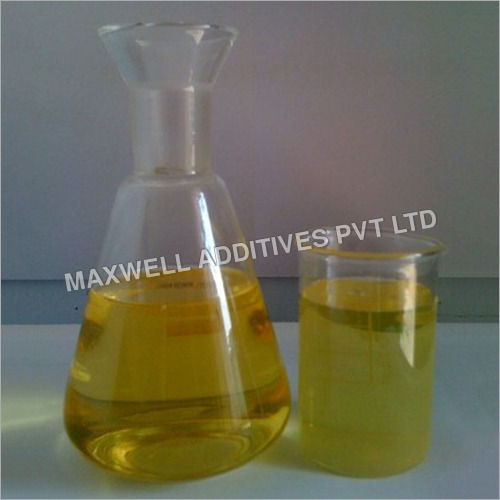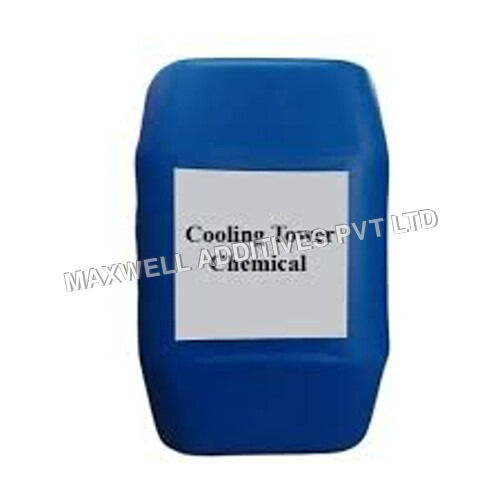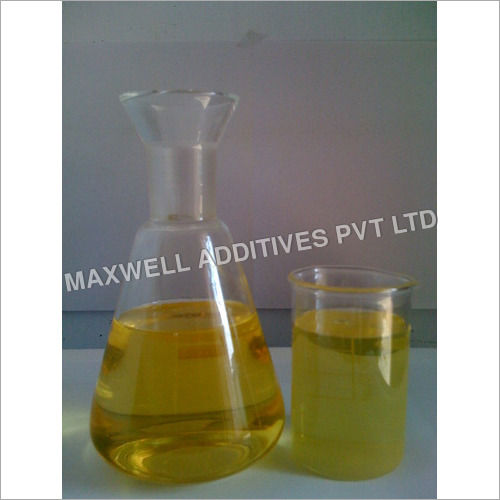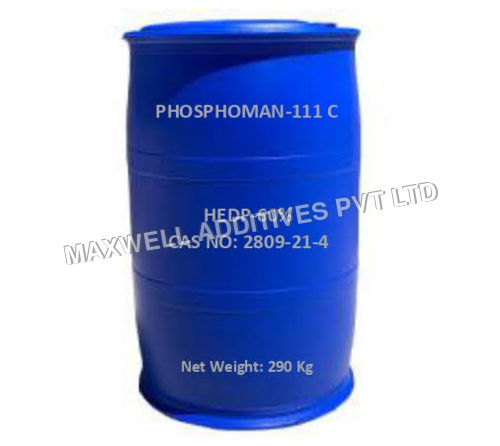
Antiscalant For Mee Plant
119 आईएनआर/Kilograms
उत्पाद विवरण:
- ग्रेड
- शुद्धता (%) 30-50%
- टाइप करें
- Click to view more
X
मी प्लांट के लिए एंटीस्केलेंट मूल्य और मात्रा
- 200
- किलोग्राम/किलोग्राम
- किलोग्राम/किलोग्राम
मी प्लांट के लिए एंटीस्केलेंट उत्पाद की विशेषताएं
- 30-50%
मी प्लांट के लिए एंटीस्केलेंट व्यापार सूचना
- vadodara
- कैश एडवांस (CA)
- 7 दिन
- ऑल इंडिया
उत्पाद विवरण
Antiscalants are chemical additives used in water treatment processes, particularly in reverse osmosis (RO) systems, to prevent the formation of scale on membranes and other equipment. In a membrane-based water treatment plant, the presence of dissolved minerals like calcium, magnesium, and silica can lead to scale buildup, which can reduce efficiency and increase maintenance costs.
Key Features of Antiscalants:
Prevention of Scale Formation: Antiscalants work by inhibiting the crystallization of scale-forming minerals, thus keeping them in a dissolved state.
Compatibility: They are formulated to be compatible with various types of membranes and water treatment chemicals, ensuring they don't adversely affect the system.
Efficiency: By maintaining membrane performance and extending their lifespan, antiscalants help improve the overall efficiency of the water treatment process.
Types: Different antiscalants are available, tailored to target specific types of scale. Common types include phosphonates, polyacrylic acids, and other organic
Tell us about your requirement

Price: Â
Quantity
Select Unit
- 50
- 100
- 200
- 250
- 500
- 1000+
Additional detail
मोबाइल number
Email







